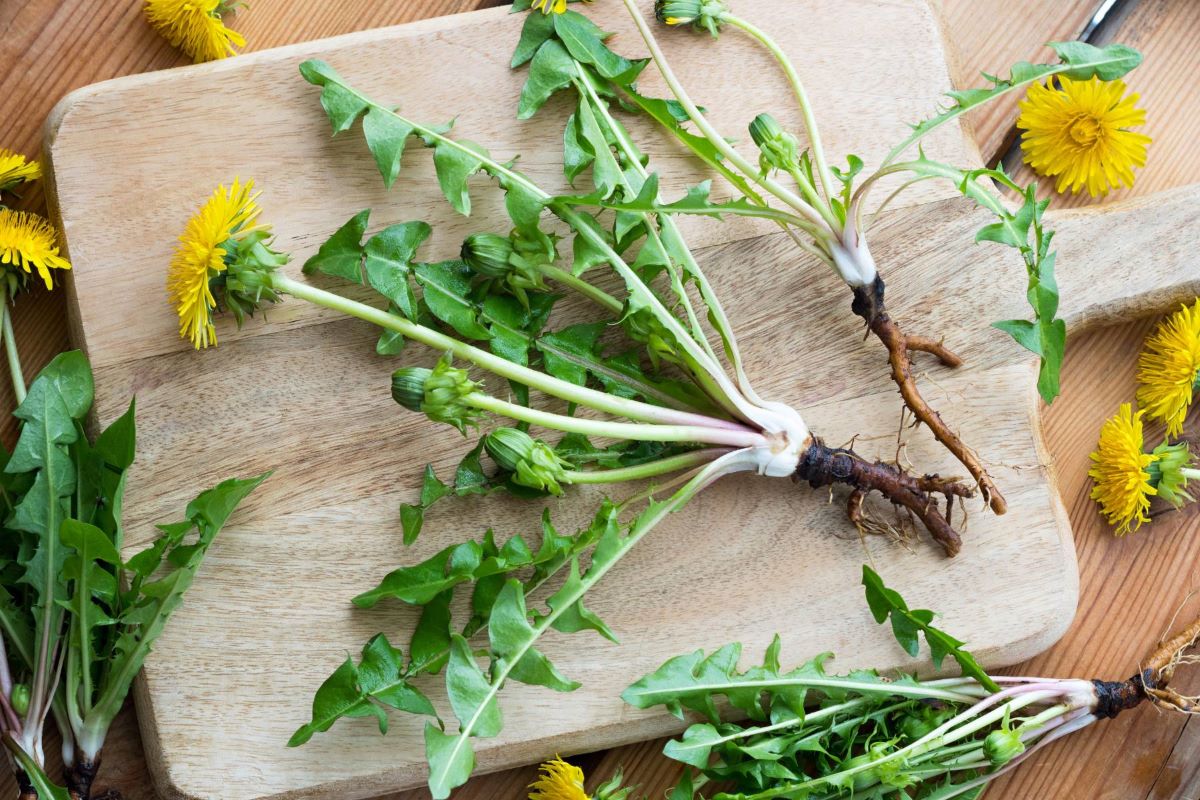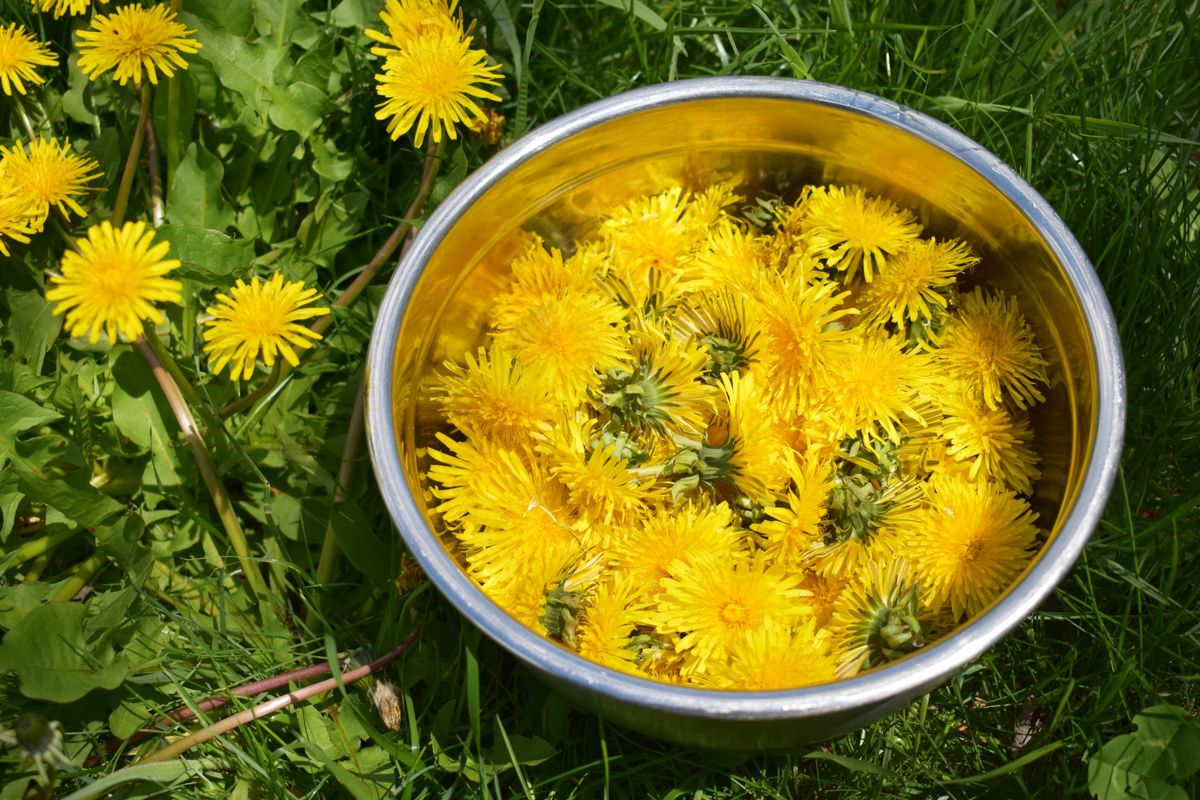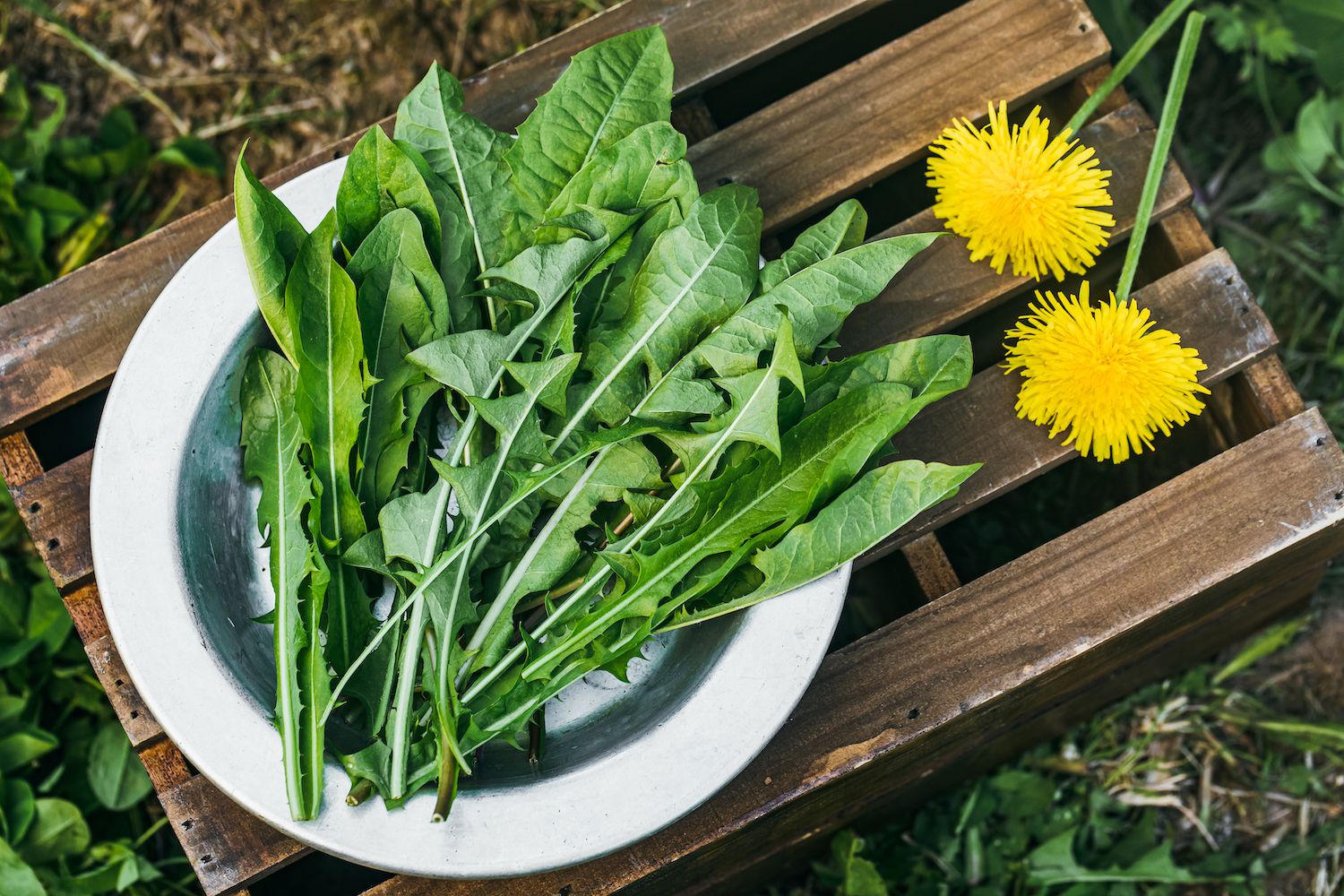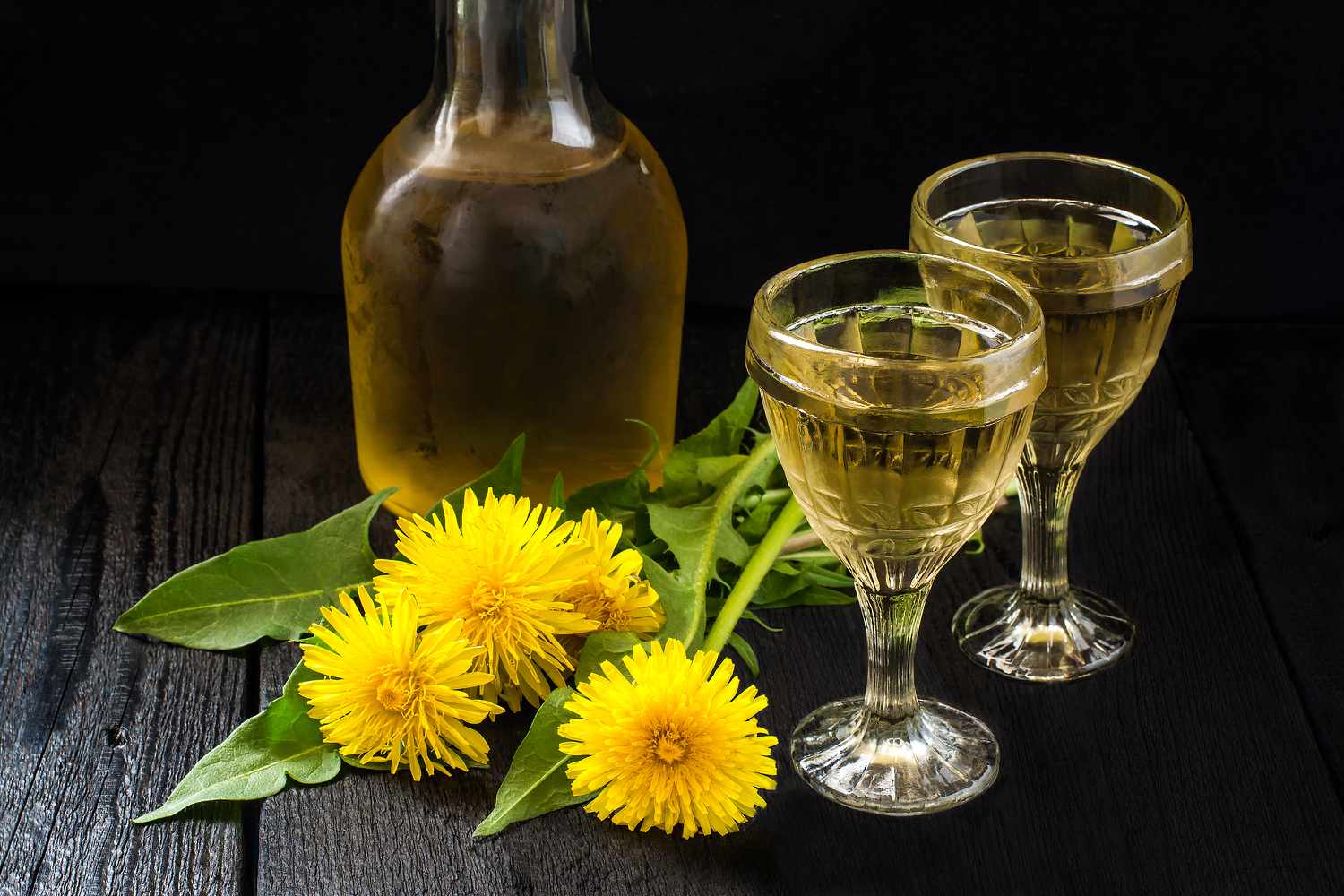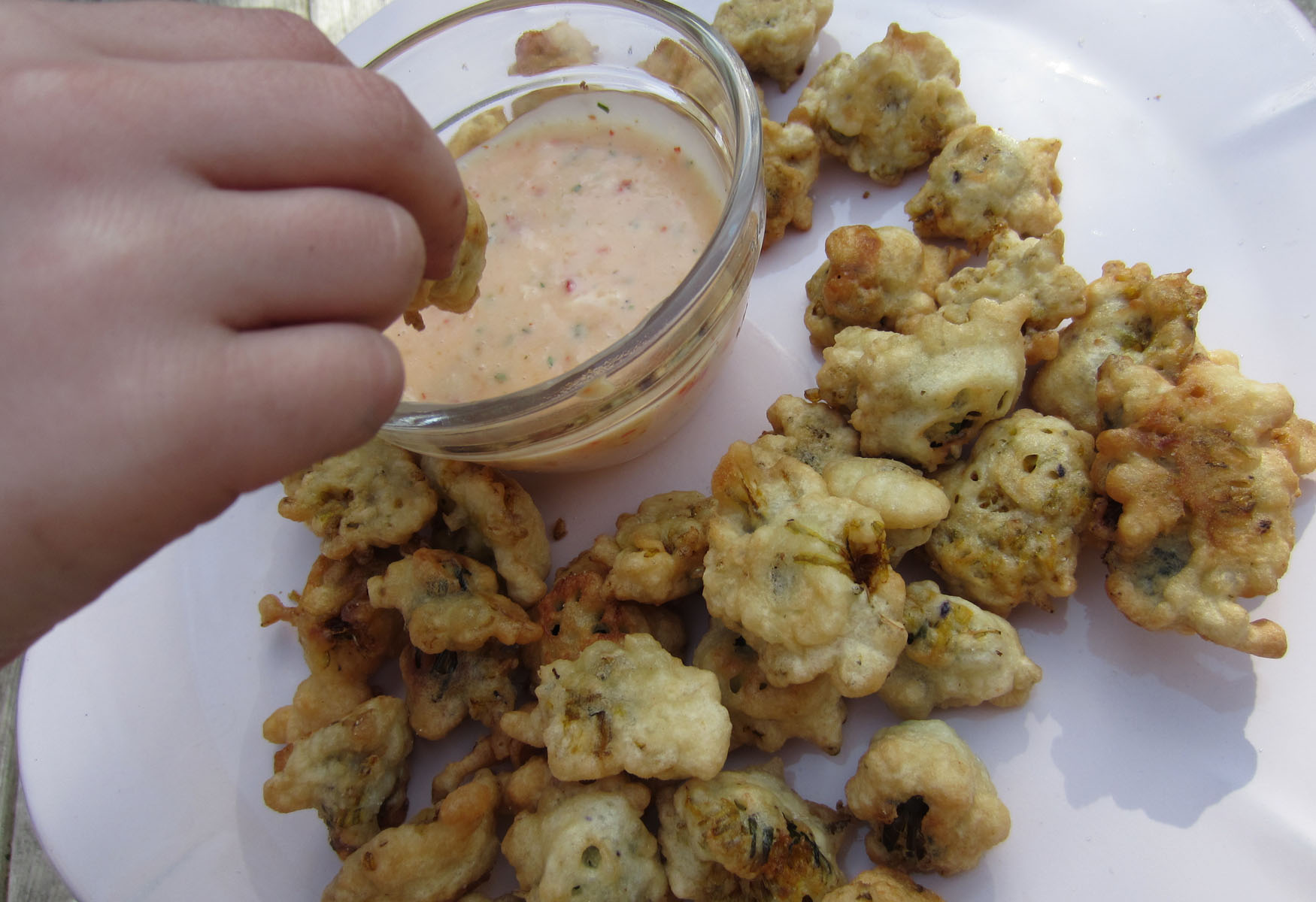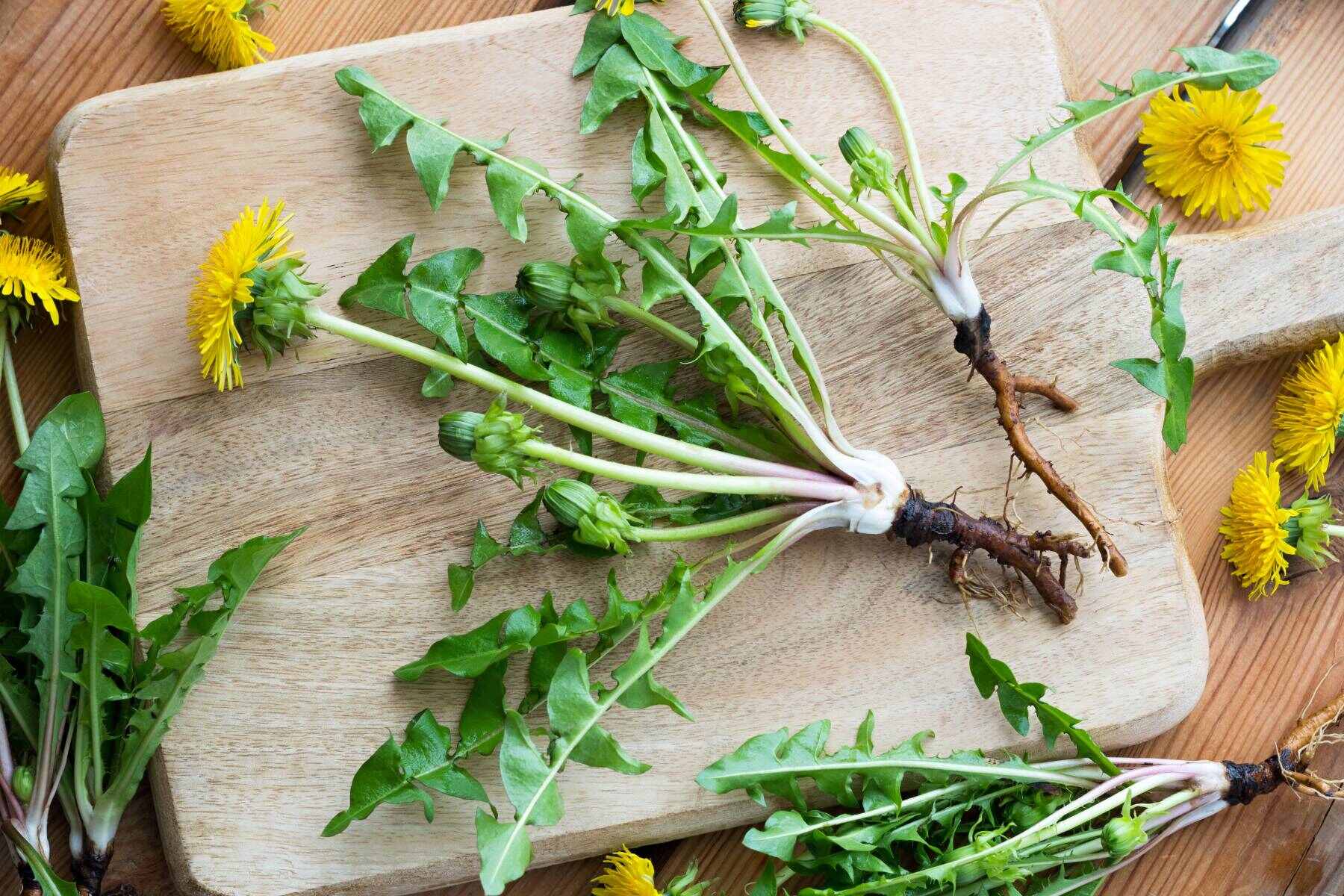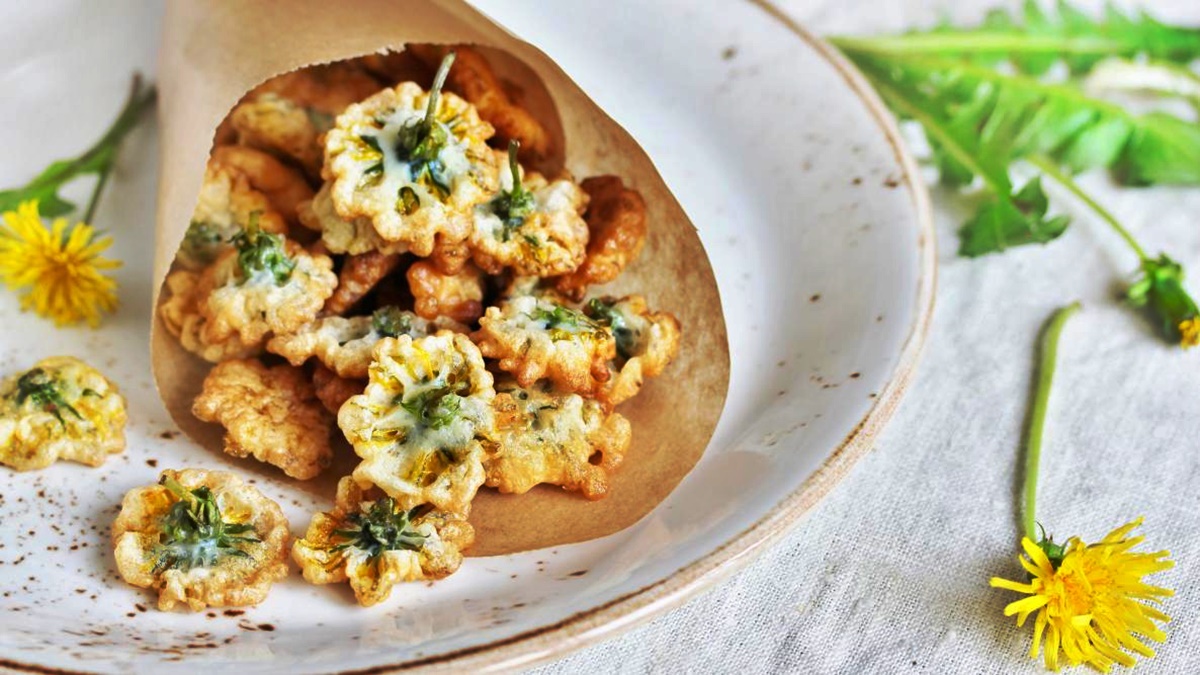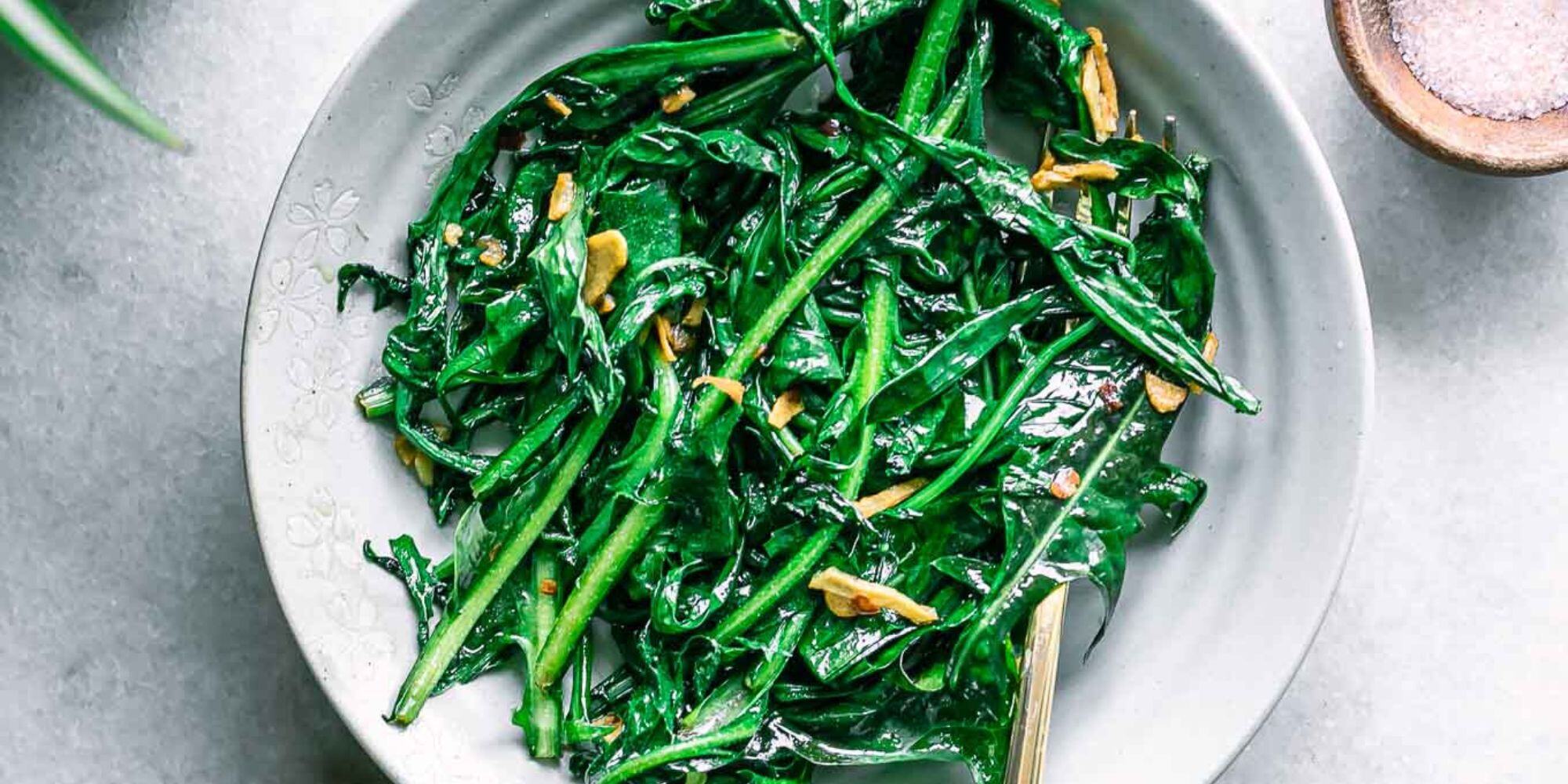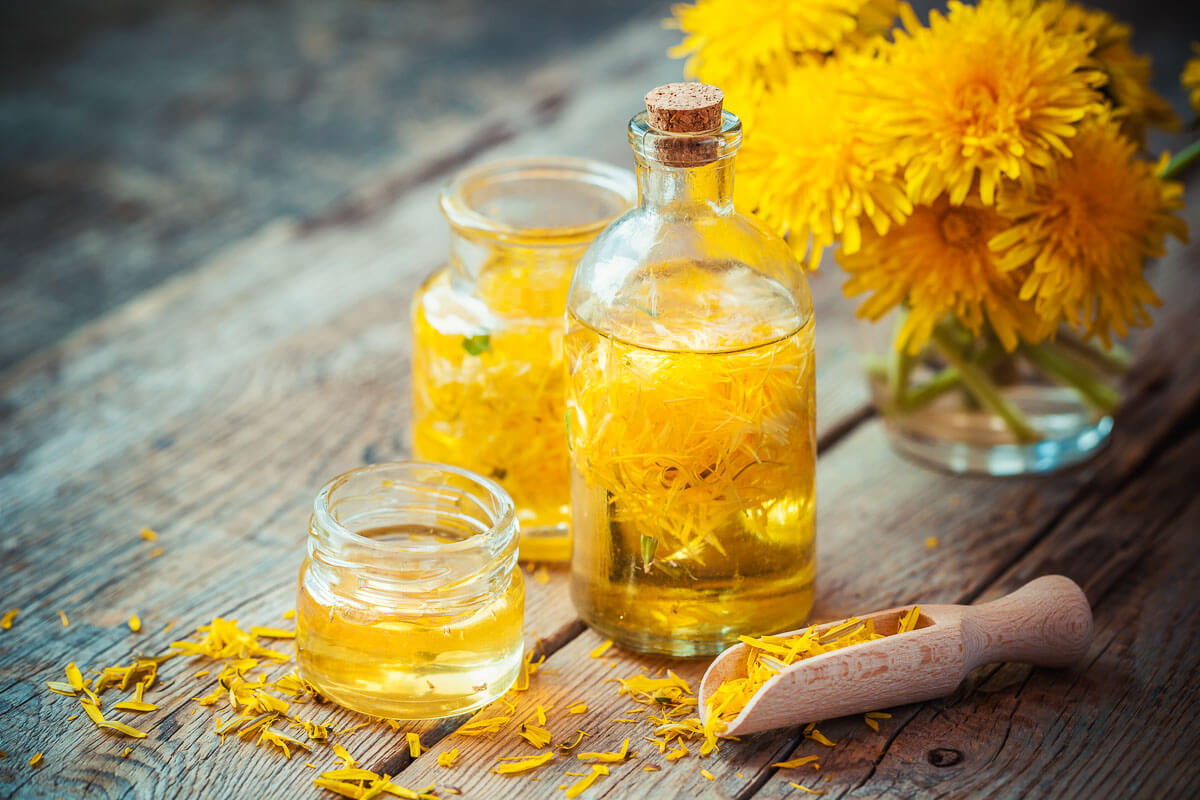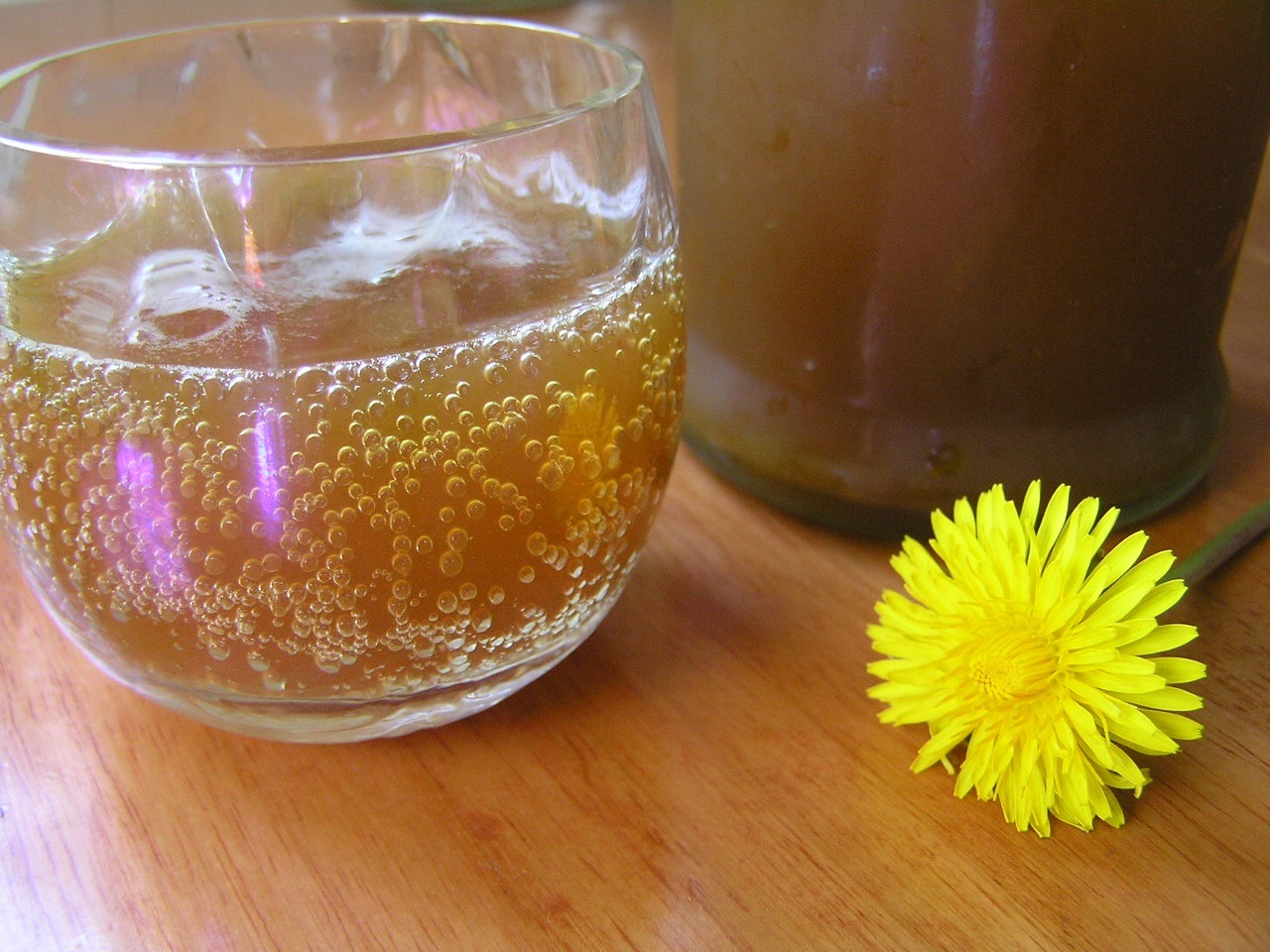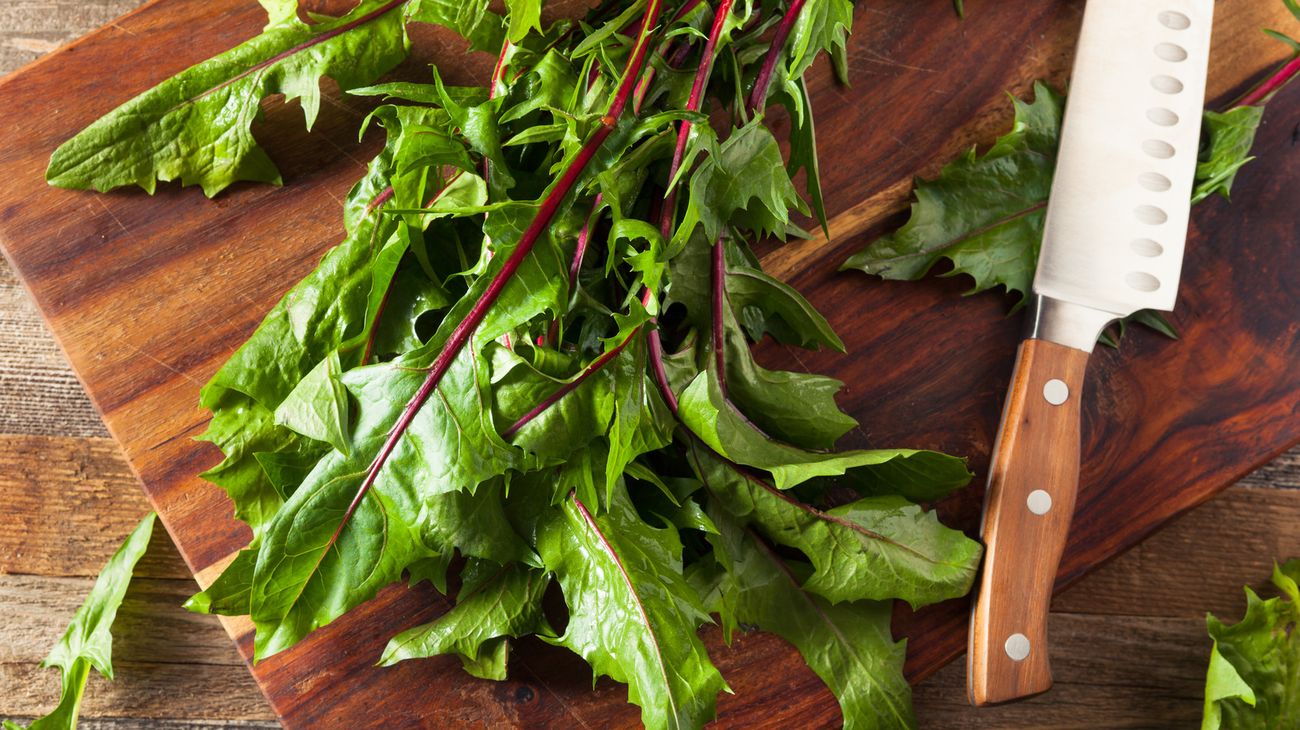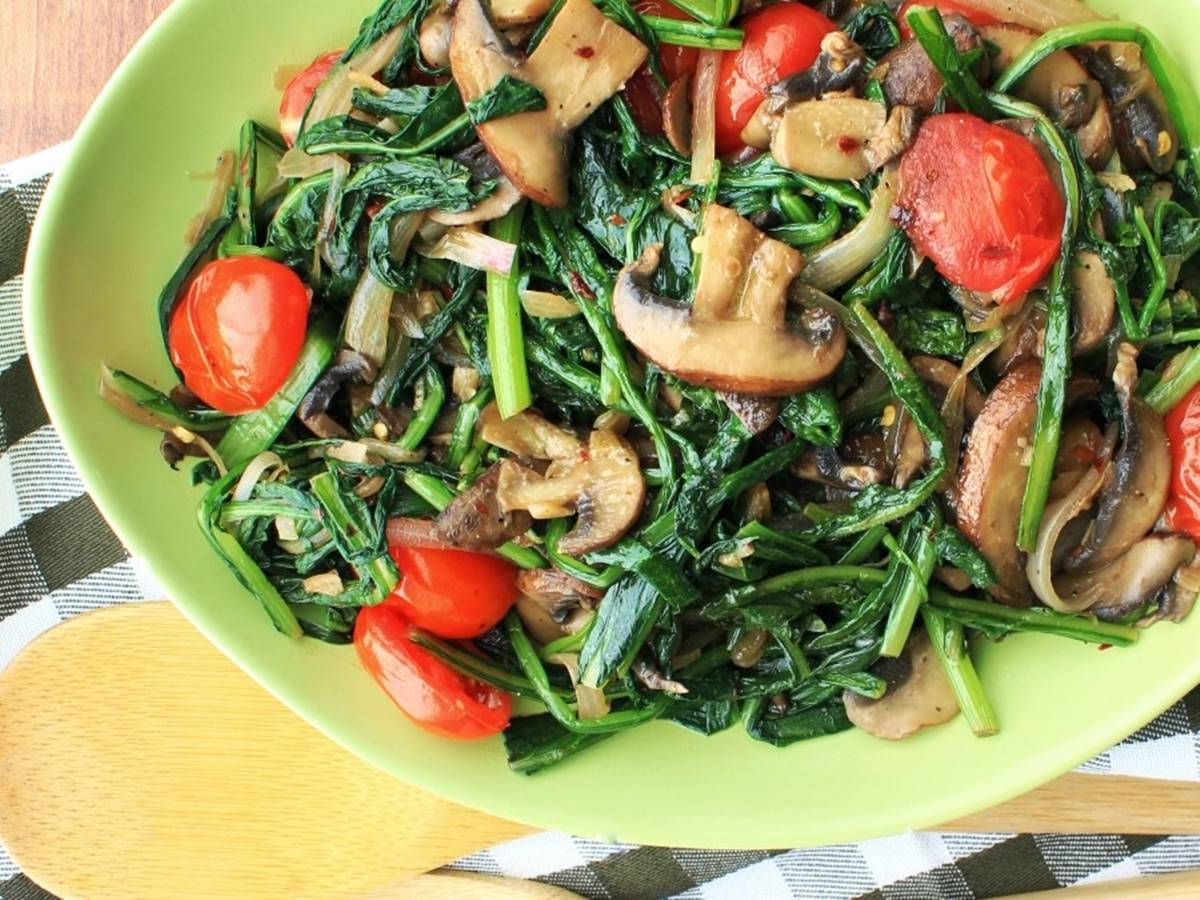Discover the Delicious and Nutritious World of Dandelions
When you think of dandelions, you might envision a pesky weed taking over your yard. However, did you know that dandelions are not only edible but also packed with nutrients? In fact, they have been used for centuries in various culinary and medicinal applications. In this article, we will explore the many ways you can enjoy dandelions from your own yard.
Identifying Dandelions
Before you start foraging for dandelions, it’s important to be able to identify them correctly. Dandelion leaves are deeply toothed and form a rosette at ground level. The bright yellow flowers are easy to spot and eventually turn into the well-known fluffy seed heads. Make sure you are picking dandelions from an area that has not been treated with pesticides or other chemicals.
Harvesting Dandelions
The best time to harvest dandelion greens is in the early spring when they are young and tender. Simply use a pair of scissors or a knife to cut the leaves close to the base of the plant. You can also harvest the flowers for culinary purposes.
Ways to Enjoy Dandelions
Now that you have harvested your dandelions, it’s time to enjoy them in various ways:
- Dandelion Salad: The young leaves can be used to make a refreshing and nutritious salad. Simply wash the leaves thoroughly and toss them with your favorite salad ingredients.
- Dandelion Pesto: Blend dandelion leaves with garlic, nuts, olive oil, and Parmesan cheese to create a unique and flavorful pesto.
- Dandelion Tea: Steep dandelion flowers in hot water to make a soothing and caffeine-free herbal tea.
- Dandelion Fritters: Dip the flowers in a light batter and fry them for a crispy and delightful snack.
Nutritional Benefits of Dandelions
Aside from their culinary versatility, dandelions are also a nutritional powerhouse. They are rich in vitamins A, C, and K, as well as minerals like iron, calcium, and potassium. Dandelion greens are also known for their potential health benefits, including supporting digestion and liver function.
Final Thoughts
Next time you spot dandelions in your yard, consider harvesting them for a delicious and nutritious addition to your meals. Whether you incorporate them into salads, teas, or other dishes, dandelions offer a unique way to connect with nature and enjoy the bounties of your own backyard.
Remember to always be mindful of where you harvest dandelions and ensure that they have not been exposed to harmful chemicals. With the right precautions, you can savor the flavors and benefits of dandelions while embracing a sustainable and natural approach to food.
